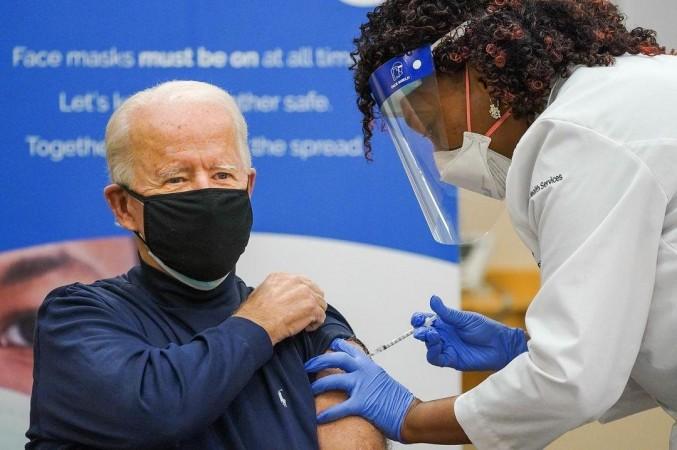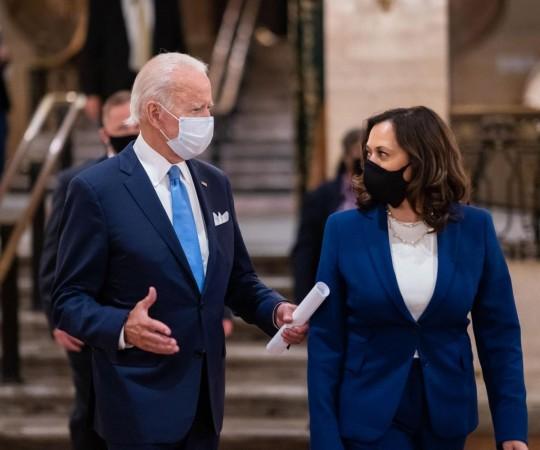The 200-page COVID-19 strategy released by US President Joe Biden's administration this week seeks smarter testing, faster vaccinations and health equity, besides calling for a better online dashboard for tracking the virus across the United States and quick decision-making by officials based on evidence.
The goal of Biden administering is to administer 100 million shots to US residents in its first 100 days in office, and proposes 100 new vaccination centers run by the federal government, mobile vaccination units in underserved areas, and using grocery stores and stadiums as vaccination venues.

The ramp-up seeks to roped in vaccinators with retired or foreign-trained doctors, as well as medical students, and by directing federal staff like nurses, physician assistants and doctors at various federal agencies to assist US states.
Welcoming the paradigm shift in the national pandemic strategy, J. Stephen Morrison, director of global health policy at the Center for Strategic and International Studies in Washington DC, compared Biden's strategy to a wartime national mobilization. "This marks a pretty radical shift," he says.
Scientists lauded the coordinated national pandemic strategy and welcomed the central role of science in the plan. Some experts have called for more details on the funding, staffing and procedures for initiatives, such as scaling up surveillance of new virus variants.

However, the US scientific community agreed that it will be a tough task to turn things around in the hard-hit country, which has suffered more than 420,000 deaths due to the coronavirus so far. The plan essentially pledges to "listen to science" approach, away from the plan of former president Donald Trump, who resorted to politicising scientific evidence and ignored public health recommendations.
Rejoin WHO
Biden's COVID-19 strategy seeks to rejoin the World Health Organization's efforts, especially the COVAX initiative, which aims to provide vaccines around the globe, and support its research and development programme, the ACT Accelerator. In addition, Biden administration vows to prevent future pandemics by launching a National Center for Epidemic Forecasting and Outbreak Analytics.
The move to rejoin WHO reverses what Trump began in July last year by withdrawing from the global health agency, after he accused it of ignoring reports of the virus spreading in China. In fact, more than 750 global health experts wrote a letter to US Congress saying the accusations were unfounded and that the "withdrawal will likely cost lives."













